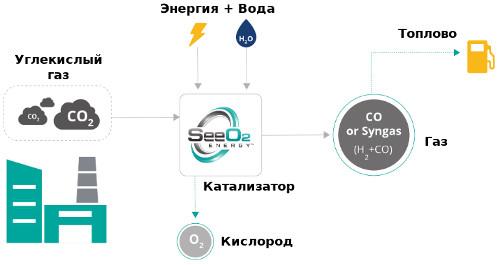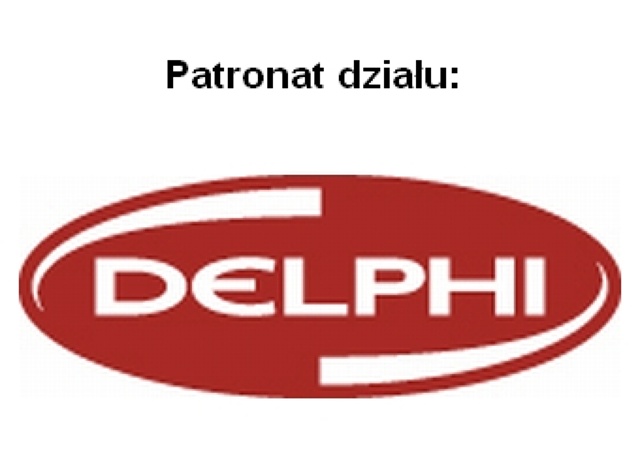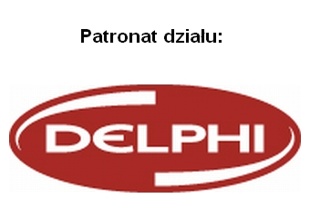
Department: New Technologies - Energy Duet
 Patronage: Delphi. In the services of authorized car manufacturers, not a single customer was threatened by the so-called counterfeit products, which are allegedly installed in independent car services.
Patronage: Delphi. In the services of authorized car manufacturers, not a single customer was threatened by the so-called counterfeit products, which are allegedly installed in independent car services.
 Department: New technologies
Department: New technologies
Board of Trustees: Delphi
In addition to the fact that this is not true, such a chat has its advantages. Manufacturers of spare parts for the free market began to pay more attention to the results of testing and research of manufactured parts and assemblies.
One example is Delphi Automotive's steering and suspension components, which have undergone a series of tests. They achieved the same results as when testing original equipment factory products, or within tolerances. All Delphi parts destined for the independent market go through the same inspection (PPV) and acceptance (PPAP) process. PPV certifies that a manufactured part will perform exactly like the prototype it was built on, and PPAP ensures that all parts meet the requirements of engineering samples.
Ball studs and stabilizers have been tested for breaking torque, smooth running, strength and dimensional conformity.
Joint tensile test
It measures the force required to pull a joint out of its socket. A positive test result ensures that the part can withstand the forces acting on it while the vehicle is in motion. If the force required to pull the ball joint out of its seat is less than the value specified for the factory configuration, then there is a risk of failure of the ball joint during movement.
Delphi compounds were found within an acceptable tolerance of 1% in this test.
Joint failure test
It measures the force required to break a joint. Similar to the joint break test - if the force required to break the ball joint from the seat is below the value specified for the original equipment, then the joint may fail during movement. In this case, the driver will lose control of the direction of travel because the wheel is no longer attached to the rocker arm.
Delphi compounds were found within an acceptable tolerance of 1% in this test.
